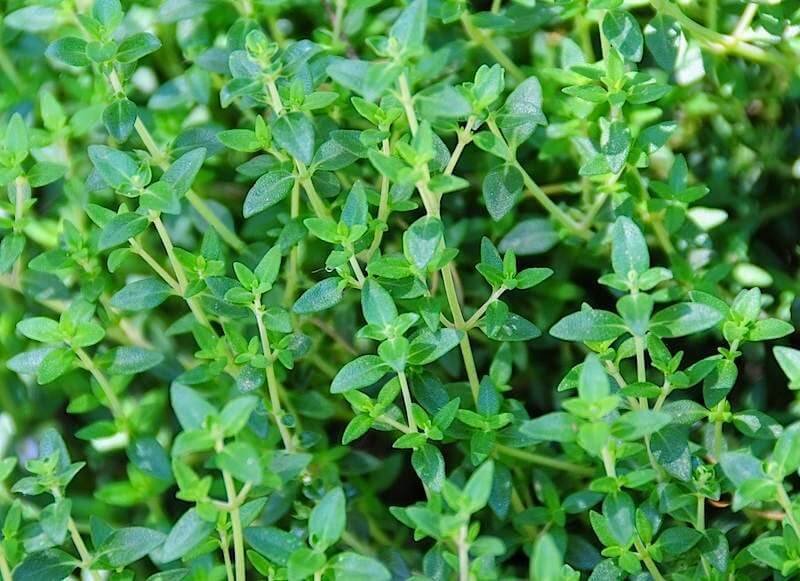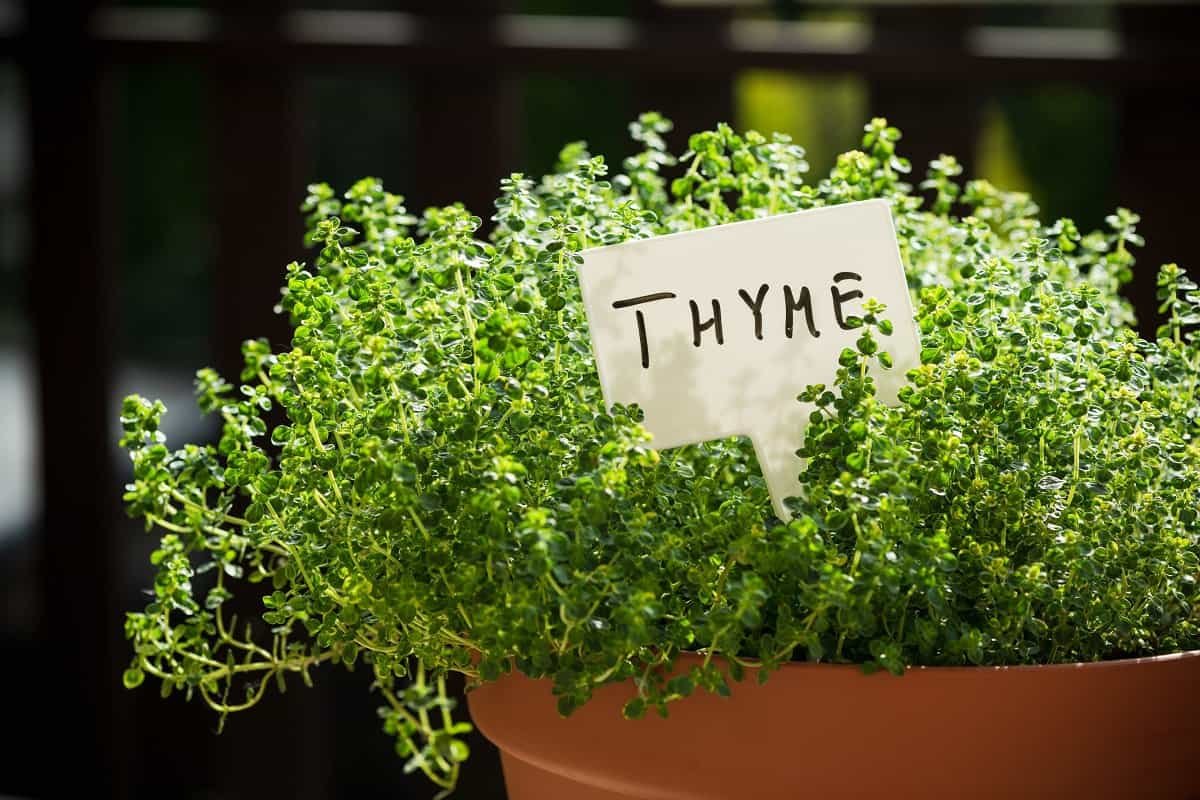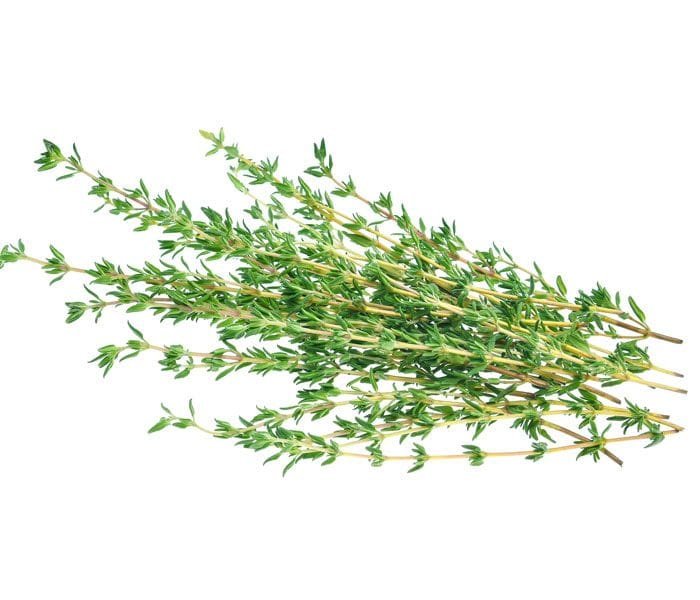The herb known as thyme is native to Asia, southern Europe and the Mediterranean region. In addition to these traditional growing places, it is also widely cultivated throughout North America.
It has been valued for thousands of years for its aromatic, culinary and medicinal uses. Thyme was even used by those in ancient Egypt as an embalming agent for deceased pharaohs.
The ancient Greeks valued thyme mainly for its aromatic properties, and it was frequently burned as incense in the temples of Greece. In addition, the plant was seen by the Greeks as a symbol of admiration and courage.
Learn how to grow thyme indoor with SipeHomes!
This association with courage continued throughout the Middle Ages, and it was traditional for women to present their knights with a spring of thyme. Since at least the 16th century, its oil has been used as an antiseptic, both as a mouthwash and as a topical preparation.
Major benefits of thyme
Thyme has long been used in traditional medicine to treat chest problems and respiratory issues, including coughing, bronchitis, and chest congestion. Recent research into these traditional uses of thyme has pinpointed the compounds that are responsible for these effects. In particular, the volatile oil of thyme is known to include such healing compounds as borneol, carvacolo, geraniol and thymol.
Thymol is thought to be the most important and most medicinally valuable of the elements in thyme. The healthy effects of thymol have been well documented, and thymol has been shown to provide protection on a cellular level. In particular, DHA, an omega-3 fatty acid was increased as a result of supplementation with thyme in a recent study, and it is thought that this increased production of DHA is largely responsible for the cell protecting effects of this herb.
It is thought that the cell protecting benefits of thyme may be able to mitigate the effects of aging, and in addition it is known to be a food that is rich in antioxidants, and in the important mineral known as manganese.
In addition, it has been shown to have strong antimicrobial benefits, and the volatile oil components of thyme have been shown to be effective against a variety of harmful bacterial and fungal infections. Some of the microbes that these essential oils have been shown to fight include Staphalococcus aureus, Bacillus subtilis, Escherichia coli and Shigella sonnei.
Additional information:
For many thousands of years, spices, herbs and other foodstuffs have been used to preserve foods, to provide much needed nutrients and to prevent contamination by harmful microbes.
It has been shown to be one of the most nutrient dense of all spices, and it sports a truly impressive array of minerals, vitamins and other important nutrients. In addition, it provides a great flavor and is highly useful in a seemingly endless variety of recipes.
Whenever and wherever possible, it is best to choose fresh thyme over the dried herb. Fresh thyme will have a superior flavor, and it may have a superior nutrient content as well. The leaves of fresh thyme should appear fresh, and the leaves should be of a vibrant green-gray color. The leaves should contain no yellowing or dark spots.
Fresh thyme can be stored refrigerated, either in a dampened paper towel or in its original packaging. When using dried thyme it is important to store it in a dark, dry and cool location, and the dried herb will keep in this way for up to six months.
FAQs: Thyme for People with Fatty Liver
1. Is thyme beneficial for individuals with fatty liver? It is believed to have potential health benefits, but there is limited scientific evidence specifically regarding its effects on fatty liver. It’s essential to approach thyme as a supplement to a comprehensive treatment plan that includes a balanced diet and lifestyle changes.
2. Does thyme have any properties that could help improve fatty liver health? It contains various bioactive compounds, including antioxidants and anti-inflammatory agents, that may offer some liver-protective properties. However, further research is needed to understand the specific impact of thyme on fatty liver disease.
3. How can thyme be incorporated into the diet for fatty liver health? It can be used as a culinary herb to add flavor to various dishes. It complements roasted vegetables, meat, and poultry. Additionally, you can use dried leaves in teas or infusions. Remember to consult with a healthcare professional before significantly altering your diet or using the plant as a supplement.
4. Can thyme replace medical treatment for fatty liver disease? No, it should not replace medical treatment or interventions recommended by healthcare professionals. It may be used as a supplementary measure, but managing fatty liver disease requires a comprehensive approach, including proper medical guidance.
5. Are there any potential side effects or interactions of thyme for people with fatty liver? It is generally considered safe when used as a culinary herb in moderate amounts. However, excessive consumption or using thyme supplements may lead to adverse effects or interactions with medications. Always consult with a healthcare provider before introducing new supplements into your diet.
6. Are there specific dosages of thyme recommended for fatty liver health? As of the latest available information, there are no standard dosages of thyme for fatty liver. If you’re considering using it as a supplement, it’s essential to follow the guidelines provided by reputable sources or seek advice from a healthcare professional.
7. Can thyme alone cure fatty liver disease? No, it alone cannot cure fatty liver disease. Fatty liver management requires a holistic approach, including dietary modifications, regular exercise, weight management, and medical supervision. It can only be a complementary part of an overall plan.
8. Are there any other herbs or supplements that may be beneficial for fatty liver? Some herbs and supplements, such as milk thistle, turmeric, and artichoke extract, have been studied for their potential liver-protective properties. However, similar to thyme, the evidence is not yet sufficient to consider them as stand-alone treatments for fatty liver disease.
9. Should I consult a healthcare professional before using thyme for my fatty liver? Yes, it’s crucial to consult with a healthcare professional, especially if you have fatty liver disease or any underlying medical conditions. They can help determine if it is safe for you and provide guidance on appropriate dosages and potential interactions with medications.
10. Can lifestyle changes like a healthy diet and exercise alone improve fatty liver without thyme or other supplements? Yes, lifestyle changes, including adopting a balanced diet, engaging in regular exercise, and maintaining a healthy weight, are essential components of managing fatty liver disease. These lifestyle modifications are often the first line of defense and may help improve liver health without relying solely on it or other supplements.
Originally posted 2019-10-12 12:06:53.




